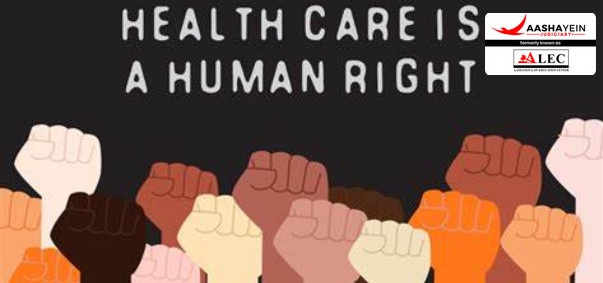A human rights activist, advocating for the public good, filed a petition under Article 32 of the Indian Constitution. The case was based on a news report titled "Law helps the injured to die" published in the Hindustan Times. According to the report, a man on a scooter was hit by a speeding car and was severely injured. A passerby, seeing the victim bleeding heavily, rushed him to the nearest hospital. However, the doctors at that hospital refused to treat him, stating that only a designated hospital, located 20 Kilometres away, was authorized to handle medico-legal cases. Without wasting time, the Good Samaritan carried the injured man to the referred hospital, but unfortunately, the victim died before reaching there
Issues before the Court
The issue in this case is whether a hospital can provide emergency treatment to an accident victim without making them go through legal formalities first. This means considering whether saving a person’s life should take priority over paperwork, such as police reports or consent forms. The main question is whether hospitals have a duty to treat injured individuals immediately or if they must follow certain legal requirements before giving medical aid.
You can also read the Blog by visiting [Blog]
For more information, visit [Aashayein Enquiry Section]
Appellant's Arguments:
The petitioner argued that doctors have a fundamental duty to provide immediate medical treatment to injured persons. Medical ethics require that a doctor prioritizes saving a life as soon as a patient arrives for treatment. The petitioner emphasized that legal procedures, such as those under the Criminal Procedure Code, should not delay or interfere with emergency medical care. The main obligation of a doctor is to stabilize the patient and prevent further harm. Any formalities, such as police documentation or evidence collection, should come after life-saving treatment. The petitioner firmly stated that a person’s life is more important than fulfilling bureaucratic requirements.
Respondent's Arguments:
The Union of India contended that existing police regulations and the Criminal Procedure Code mandate certain legal procedures before a victim can receive medical aid. These formalities ensure that crucial evidence remains intact for investigation and prosecution. If doctors bypass these procedures, they may face police scrutiny or harassment, making them reluctant to accept medico-legal cases. The government’s stance was that these legal requirements were in place to maintain the integrity of the criminal justice process and should not be overlooked.
Analysis of the Court
The court emphasized that saving human life is the highest priority. Once a life is lost, it cannot be brought back, making its preservation essential. It does not matter if the patient is innocent or a criminal—doctors and medical professionals have a duty to provide necessary medical care. The court linked this duty to Article 21 of the Constitution, which guarantees the right to life. This means that the State and its institutions, including government hospitals, must ensure medical assistance is provided promptly.
Doctors, whether working in government or private hospitals, are bound by their professional obligation to help patients. No law or government action should delay or interfere with this responsibility. The court made it clear that any legal procedure that obstructs life-saving medical assistance is invalid and should not be followed. It also addressed concerns among doctors about being harassed by the police or being forced to testify in court. The court acknowledged these concerns but stated that they should not prevent doctors from fulfilling their duty to save lives. Additionally, the police were instructed to ensure that medical professionals are not unnecessarily troubled during investigations.
The court further clarified that if a doctor realizes they cannot provide adequate treatment, they must ensure the patient is taken to a better-equipped facility as soon as possible. The ruling reinforced the idea that medical professionals must do everything within their power to preserve life without hesitation or fear.
Concluding Remark
This case has reinforced that the right to medical care is a fundamental right under Article 21 of the Indian Constitution. It ensures that every individual in India can seek urgent medical treatment at any hospital, even if legal procedures are not followed. This decision is a significant step in reducing preventable deaths caused by doctors refusing to treat patients involved in accidents or criminal cases. It strengthens the role of doctors as lifesavers and upholds the fundamental principle that saving lives should always take priority over legal formalities.

